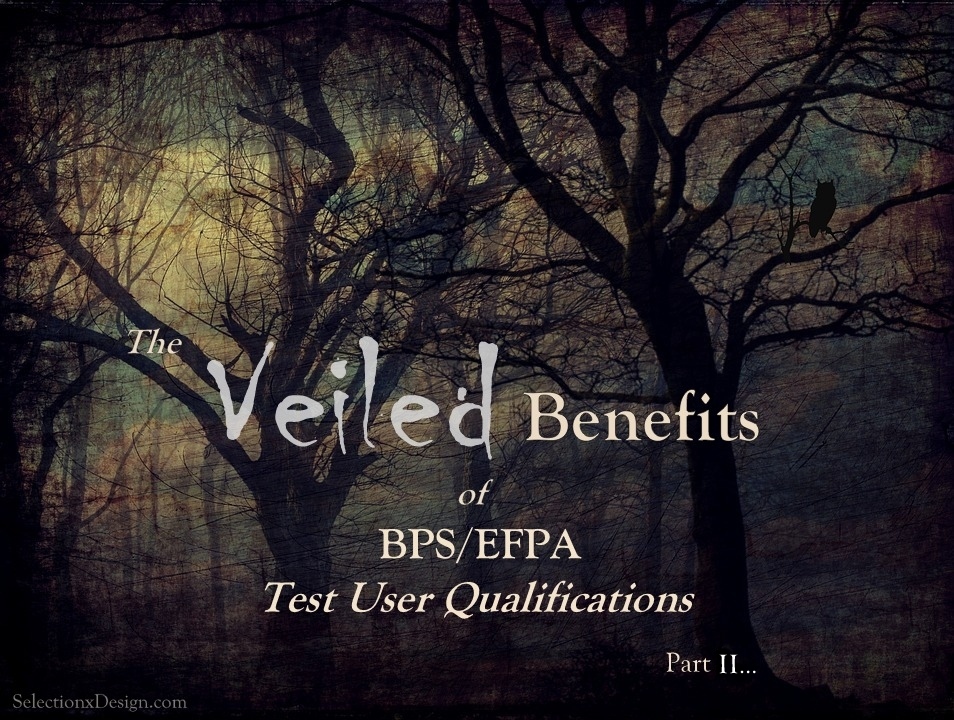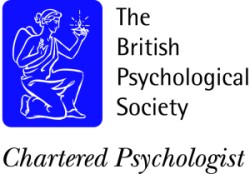We work with many people who undertake Occupational Test User Ability and Personality courses to become qualified to access psychometric tests. This is a clear benefit of Test User training, but it is not the only one. The Test User courses provide a much broader array of knowledge and skills than may be apparent initially. In this two part blog series, I’ll discuss some of these lesser realised benefits of Test User training. In Part 1, the veiled benefits of Test User Ability training are presented. Part 2 will examine the hidden payoffs of Test User Personality training.
Test User Ability (TUA) training provides skills needed to test work-related aptitudes, abilities and career interests. In addition to directly working with these kinds of tests, our trainees gain the following knowledge and practical abilities:
1. Determining if and how psychometric tests should be used in occupational decisions
Workplace assessments should provide appropriate, relevant and cost-effective information about employees. While psychometric tests are often a good choice for this, alternative ways of measuring attributes might also be useful. Our TUA trainees examine various kinds of measurement, and consider advantages and disadvantages of each. Examples include work sample tests, 360° feedback and measures of physical capacity. The potential benefits of combining data from several sources are explored. As a result, trainees know whether and how to include psychometric tests in an assessment campaign.
2. Critically evaluating psychometric instruments
To determine which test is best suited to a particular purpose, evidence for psychometric qualities must be evaluated. For example, if a test has to provide consistent results, reliability needs to be present. Specific types of validity must be taken into account if the goal of testing is to predict job success, or to assess understanding of certain skills. On the Test User Ability course, persons practice identifying and analysing evidence for such psychometric qualities. The result is better informed test choices.
3. Ensuring fairness in testing
Fair testing provides each candidate with an opportunity to have their abilities assessed in a way that is objective and unbiased. For example, a fair test of computation skills should measure only the ability to solve mathematical problems. Performance should not be influenced by testing conditions, language skills, personal disabilities or unjust comparisons with other test taker’s scores. Our Test User Ability training addresses issues of fairness in the contexts of administering, interpreting and incorporating test results.
Related to administration, means of establishing consistent test conditions for all candidates is considered. We also cover how to ensure candidates’ special needs are identified and appropriately addressed.
Towards interpreting scores, trainees find out how to choose appropriate comparison groups to assess candidates’ performance. Without a clear understanding of this process, there’s a risk for discrimination against protected group members. Test scores must differ sufficiently to justify selecting one candidate over another, too. Determining how to establish this is another key issue we cover. Finally, trainees learn how to guarantee test takers rights related to informed consent, data access and protection. Being able to assure clients of fair assessment means testing is likely to be legally justified and favourably received.
4. Best practice in high-stakes testing
High-stakes testing is used to make crucial decisions about individuals. In occupational contexts, this includes candidate short-listing. Best practice ranges from selecting an appropriately secure mode of administration to verifying scores through re-testing. Test User Ability training gives trainees the skills needed to ensure the best candidate decisions are made in these high-pressure contexts.
5. When and how to optimally share test results
Either client organisations or individual persons may require test feedback. Results might be presented through interactive discussion or in written format. Key skills include how to sensitively and accurately communicate test results, at a level of understanding matched to the audience. Trainees also learn how to verify tentative test results during feedback discussions. Cautions surrounding use of computer generated feedback reports are considered as well.
Trainees gain initial experience in developing and providing feedback during the Test User Ability course. More extensive practice is a key aspect of our second occupational course, Test User Personality.
In this blog I’ve highlighted a few of the lesser realised gains from Selection by Design’s Test User Ability training. If you would like to add these assets to your own set of skills, consider enrolling in our next course.
See you next time!
Barbara


